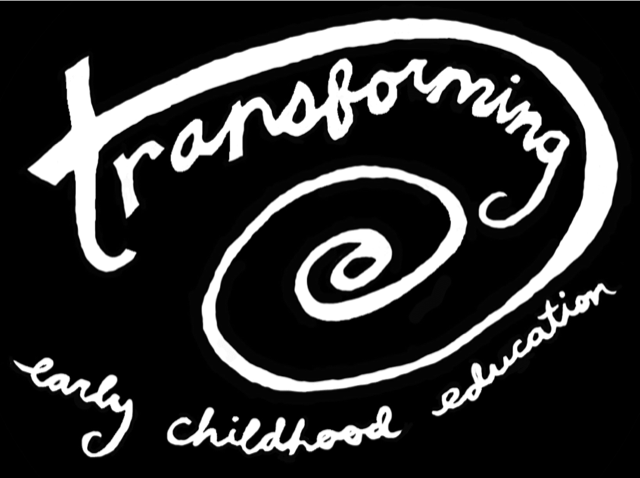TOOLS FOR TRANSITIONS
There are many transitions made throughout our lifetime. One of the most significant transitions for a teacher of young children occurs when a child moves from preschool to kindergarten. This journey can be so exciting, but it can also evoke anxiety for children and parents alike.
As the school year is ending, the preparation is beginning for the transition to kindergarten in many preschool classrooms. Teachers read numerous books at circle time about this exciting new adventure. There are daily discussions about what comes next. Every effort is made for the children to be "ready" for school.
I didn't spend time preparing my students for a "big kid school." Instead, I focused on being present for each moment and milestone. Our days filled their social-emotional toolkit with strategies like navigating friendships, managing big feelings, and using social filters. These are essential life skills and not just skills for transition.
As an early childhood educator, I believe when children are given what they need at each age and stage, they will be ready for the future. It saddens me when the early year's education is seen as preparation for "real" school. The tools and strategies that our youngest children learn while with us benefit them today and in the future.
As I mentioned in a previous blog post, I was proactive in providing daily opportunities for independence. Ensuring that my students could care for their belongings, zip their coats, and open their lunch containers was important in the present moment and the future. Their independence toolkits were well-stocked for the years ahead!
Life changes drastically when you move from your early year's safe space to a primary school setting. I knew that when my students left my classroom, they would have the social, emotional, independence, and critical thinking skills needed throughout their lives. I also realized that I wasn't doing the best job of being mindful of the strategies that parents would need in their toolkit. I would have made it a priority to help parents build their parenting toolkit throughout the school year.
There are so many things that I would add to a parent's toolkit:
I posted daily open-ended questions for parents to discuss with their children each evening. While this was useful in their current classroom setting, I needed to add the skill of asking intentional open-ended questions to their parenting toolkit.
I often reminded parents of field trips and days school was closed. Instead, I could have shared a great tool that I use with my daughter. At the beginning of each school year, I sit down with the school calendar and plugin each day the school is closed or days school ends early. I immediately add them to my calendar as soon as I am informed of a field trip or school event. I sent a calendar invite to my husband so all the information can also be added to his calendar. So many fantastic family calendar apps make managing the day-to-day so much easier for busy families!
Another critical addition to any parenting toolkit is routines and schedules. Most early years programs are pretty flexible with dropoff and pick-up times. We understand when a favorite pair of leggings go missing and how tough it is to get multiple children out of the house. This flexibility typically does not extend into the primary school years. Do you know what you learn very quickly when your child rides the bus to school? You realize that the bus driver waits for no one. Prep everything you can the night before, enable your kiddos to be responsible for morning chores, and set multiple alarms on your phone if needed.
Your child's backpack will be filled with miscellaneous and vital items at the end of each week. Please work with your child to create a system for emptying their backpack. Sorting things into piles is helpful for you, and it teaches your child independence. There is nothing like finding an old sandwich stuck at the bottom of a backpack on a Monday morning!
Being proactive versus reactive when faced with transitions is the key to success. Instead of rushing to prepare for a new journey, spend time in the present. Think about what your child needs at the moment, as these tools will carry them throughout any journey they take in the future.


